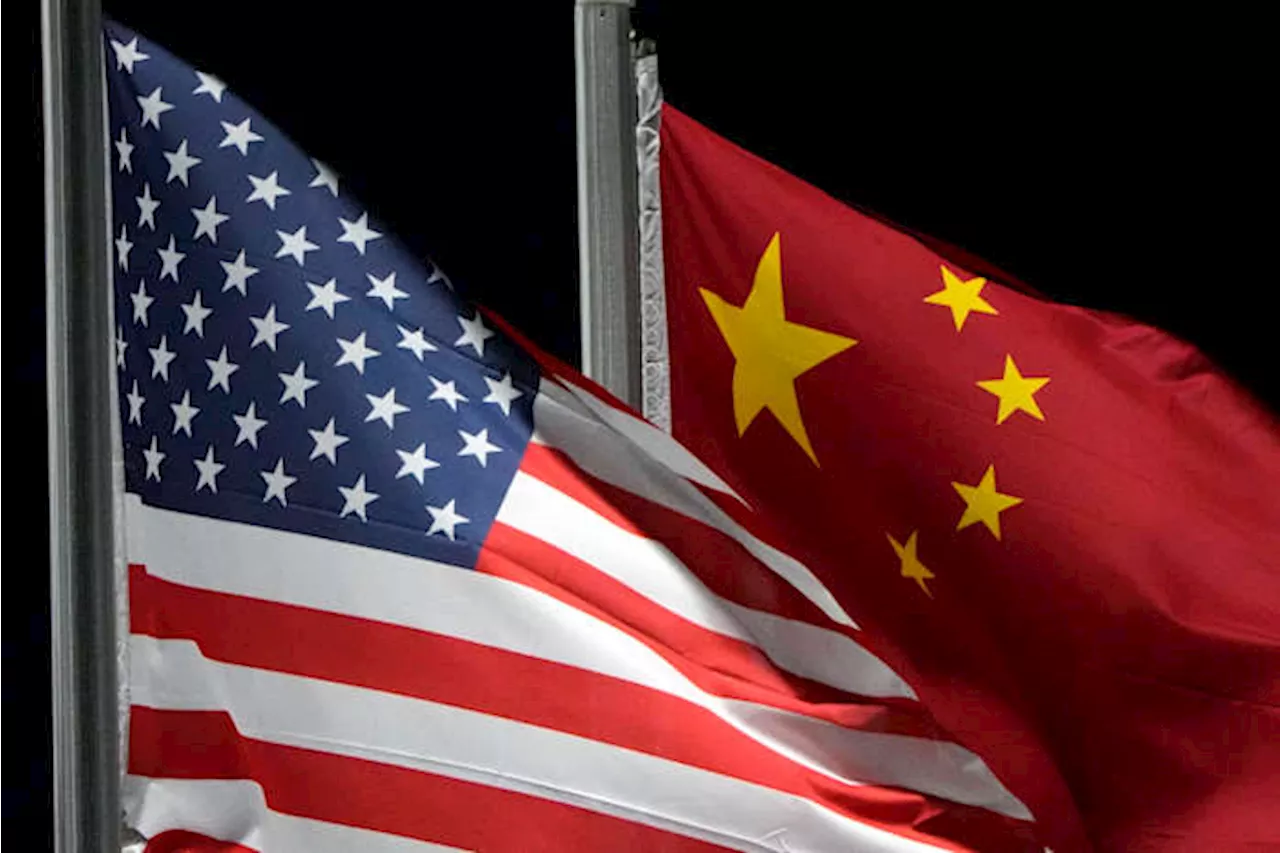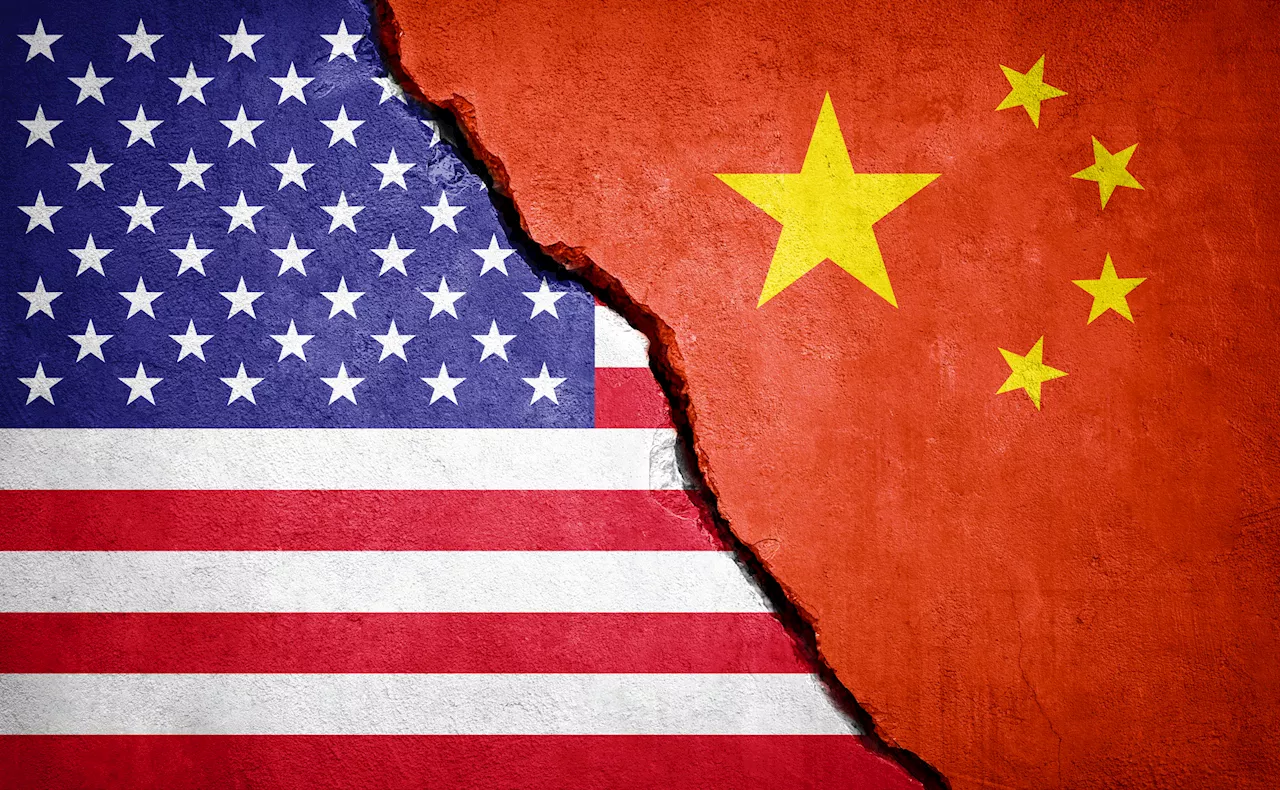A new report by C4ADS reveals that Chinese companies control a majority of Indonesia's nickel refining capacity, raising concerns about supply chain vulnerability and potential environmental risks. This dominance could impact Indonesia's economic growth and present challenges for US and European automakers in the global EV market.
Chinese firms exert significant control over Indonesia 's nickel refining industry, owning approximately 75% of the nation's 8 million metric ton refining capacity. This dominance has raised concerns about supply chain vulnerability and environmental risks , according to a report by the Washington-based global security nonprofit C4ADS.
The report, released on Tuesday, revealed that while Indonesia's nickel refining capacity was distributed among 33 companies, shareholder overlap ultimately pointed to Chinese companies controlling the majority of smelting operations. This concentration of power, the report argues, could hinder Indonesia's ability to leverage its nickel resources for economic growth and shape the industry according to its own interests.The reliance on Chinese-controlled nickel production also presents a challenge to US and European automakers competing in the global electric vehicle (EV) market. Increasingly restrictive trade policies targeting China exacerbate this disadvantage, as nickel is a crucial component in EV batteries. Last year, an Indonesian official disclosed that Chinese companies were actively engaging with Indonesian and South Korean firms to establish partnerships, aiming to dilute their stakes in smelters and enhance market access for US consumers. President Prabowo Subianto subsequently formed a task force dedicated to developing the domestic downstream mineral industry, prioritizing domestic financing to gradually reduce the perception that foreign entities reap the most benefits.Two Chinese companies, Tsingshan Holding Group and Jiangsu Delong Nickel Industry Co Ltd, emerged as the dominant players, collectively controlling over 70% of Indonesia's refining capacity as of 2023. Both companies were among the earliest investors when Indonesia initiated its push for domestic processing of nickel ore, a strategic move that propelled the nation to its current position as the world's leading nickel producer. However, these companies have also faced scrutiny over workplace safety and environmental concerns. In 2023, a court in Central Sulawesi sentenced two workers at Indonesia Tsingshan Stainless Steel to seven months in prison for negligence that led to a fatal fire at a Tsingshan facility. Earlier that year, two workers were killed in clashes at the PT Gunbuster Nickel Industry smelter in North Morowali, owned by Jiangsu Delong Nickel Industry. Despite these incidents, Tsingshan has been divesting stakes in some of its smelters, including a deal in October 2023 with Indonesian state miner Aneka Tambang for a 30% share in PT Jiu Long Metal Industry.
Nickel Refining Supply Chain Environmental Risks Indonesia China Electric Vehicles
United States Latest News, United States Headlines
Similar News:You can also read news stories similar to this one that we have collected from other news sources.
 Chinese Apps Dominate App Store as TikTok Faces BanChinese-owned apps have surged to dominate the top 10 free apps on Apple's platform, while TikTok faces a looming ban amid national security concerns. This shift highlights a growing geopolitical battle playing out in the app store charts.
Chinese Apps Dominate App Store as TikTok Faces BanChinese-owned apps have surged to dominate the top 10 free apps on Apple's platform, while TikTok faces a looming ban amid national security concerns. This shift highlights a growing geopolitical battle playing out in the app store charts.
Read more »
 US Adds Tencent, Other Chinese Firms to Military-Tied Companies ListThe U.S. Department of Defense has added prominent Chinese companies, including Tencent, SenseTime, and CATL, to its list of companies with ties to the Chinese military. This move is part of the U.S.'s ongoing effort to restrict the transfer of advanced technology to China, citing national security concerns. Tencent, the world's largest video gaming company, has expressed its intention to challenge this designation.
US Adds Tencent, Other Chinese Firms to Military-Tied Companies ListThe U.S. Department of Defense has added prominent Chinese companies, including Tencent, SenseTime, and CATL, to its list of companies with ties to the Chinese military. This move is part of the U.S.'s ongoing effort to restrict the transfer of advanced technology to China, citing national security concerns. Tencent, the world's largest video gaming company, has expressed its intention to challenge this designation.
Read more »
 US Adds Tencent, Other Chinese Firms to Military-Tied ListThe US Defense Department has added numerous Chinese companies, including Tencent, SenseTime, and CATL, to its list of companies with alleged ties to the Chinese military. This move has sparked protests from the companies, who plan to challenge the decision and seek legal action.
US Adds Tencent, Other Chinese Firms to Military-Tied ListThe US Defense Department has added numerous Chinese companies, including Tencent, SenseTime, and CATL, to its list of companies with alleged ties to the Chinese military. This move has sparked protests from the companies, who plan to challenge the decision and seek legal action.
Read more »
 Pentagon Adds 61 Chinese Firms to Military Companies ListThe U.S. Department of Defense has expanded its list of Chinese companies suspected of supporting Beijing's military ambitions, adding 61 new entities to the roster.
Pentagon Adds 61 Chinese Firms to Military Companies ListThe U.S. Department of Defense has expanded its list of Chinese companies suspected of supporting Beijing's military ambitions, adding 61 new entities to the roster.
Read more »
 US Bans 37 More Chinese Firms Over Forced Labor ConcernsThe Biden administration expanded its blacklist of Chinese companies banned from exporting to the US, citing alleged forced labor practices in Xinjiang. The list now includes 37 firms from the mining, solar, and textile sectors, marking the largest single expansion since the Uyghur Forced Labor Prevention Act was passed in 2021. While some companies maintain their innocence and argue the ban will have minimal impact, the move reflects growing international pressure on China to address human rights concerns in the region.
US Bans 37 More Chinese Firms Over Forced Labor ConcernsThe Biden administration expanded its blacklist of Chinese companies banned from exporting to the US, citing alleged forced labor practices in Xinjiang. The list now includes 37 firms from the mining, solar, and textile sectors, marking the largest single expansion since the Uyghur Forced Labor Prevention Act was passed in 2021. While some companies maintain their innocence and argue the ban will have minimal impact, the move reflects growing international pressure on China to address human rights concerns in the region.
Read more »
 Chinese Retiree Sentenced for Harassing Former Official at Behest of Chinese GovernmentZhu Yong, a Chinese retiree, was sentenced to two years in prison for his role in harassing a former Chinese city official, Xu Jin, at the behest of Chinese government officials. Zhu was convicted of charges including stalking and acting as an illegal foreign agent.
Chinese Retiree Sentenced for Harassing Former Official at Behest of Chinese GovernmentZhu Yong, a Chinese retiree, was sentenced to two years in prison for his role in harassing a former Chinese city official, Xu Jin, at the behest of Chinese government officials. Zhu was convicted of charges including stalking and acting as an illegal foreign agent.
Read more »
